It’s been a couple of weeks since Vince Staples released ‘Dark Times’, what he has said to be his last album on his Def-Jam record contract, and have time to brew and put together my thoughts and feelings. Initially, I liked the album but I didn’t have any strong feelings towards it. I thought it was good, but not his best work. However, right about now it’s really pushing itself into the conversation in my eyes.
Staples is a cool musician with an even cooler outlook on the world. He’s quite stoic. He doesn’t give a shit what you, or anyone else thinks and he’s not going to do something because he feels the need to do it, it has to feel natural and unforced. This means that he is not held to a specific sub-genre within rap, or even to a single medium, having appeared in Film & TV, and even wrote and produced his own show ‘The Vince Staples Show’ which came out earlier this year. He also likes to do good and supports multiple community initiatives in his hometown of Long Beach California helping young people growing up in similar situations to him.
All of this shows up in this album. Gone are the Norf Norf days, where Staples would headline adolescent parties with everyone shouting along to the lyrics. These days, his work is contemplative, reflecting on his personal experiences and the world he sees around him. Not that his older stuff isn’t thought-provoking, if you actually listen what he’s talking about is deep, but it was wrapped up in catchy beats that made people dance and not really take in the larger themes. On ‘Dark Times’ it’s a bit harder to miss. Soulful and more minimal beats from Michael Uzowuru & LeKen Taylor, who have worked across all of Vince’s more recent releases, give the lyrics a chance to punch through.
It’s a logical progression and culmination of Staples’ previous releases and a suitable ending to this chapter of his life. In the press run for his last album, Staples talked about how he wanted to move on from writing an anthology of his neighbourhood and his past. Here, there is a lot more reflection on where he is today and his status as a celebrity and mentor to young people that are growing up in similar circumstances to what he experienced. Little Homies exhibits this directly, where he advises little homies to chase checks to gain power and respect, to share this with family and invest wisely, and to not worry about where they are from because he was from similar circumstances and has become successful.
For me the standout song is Shame on the Devil, which ties Vince’s well-known religious beliefs with the life that he is living now and his need/desire to resist the temptation the devil puts in front of him. I love the intimacy he displays on this one especially and I think we can all relate to this idea even if we aren’t religious (I’m certainly not).
This album has received mix reviews, with many criticising Vince for not fulfilling his potential and that this is another good album, but not great. While I can see where this idea comes from, perhaps Staples is simply a victim of his own success, and we’ve come to expect what he has delivered on his last few releases, and are judging through this lens. It happens all the time in society today and I think Vince alludes to this in the album “Label tryna give me feedback, told me “Bring the streets back”, Fans said they want 2015 Vince” – Étoufée. We want artists to make groundbreaking shit but also want music that sounds like what we know and love them for. It’s a difficult rope to walk, but I think it is done well here. And even if I thought differently, as I said earlier, Vince Staples doesn’t give a shit what you or I think, he just wants to keep “both soles on the ground” and has never sold out on what he feels is best for him.


